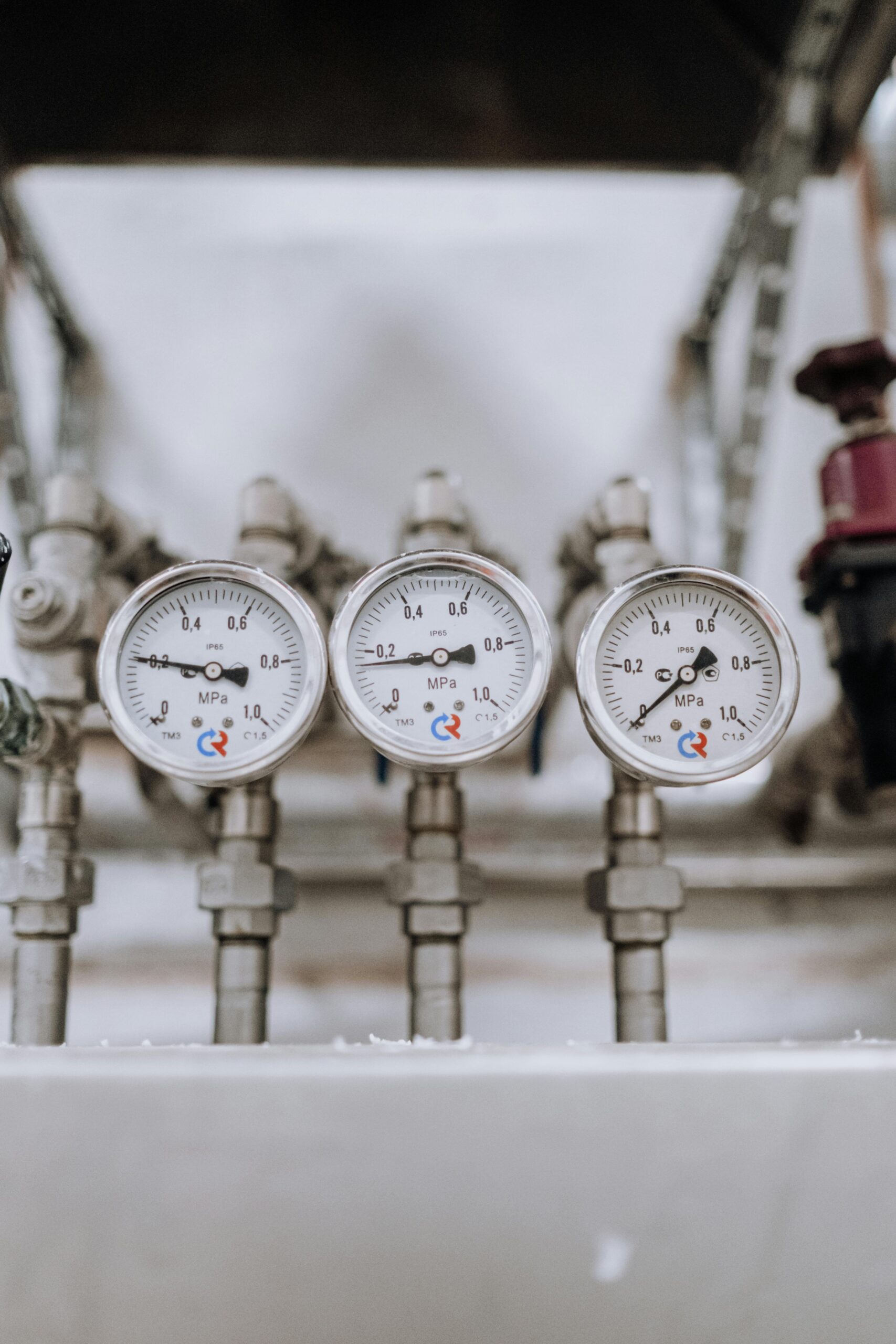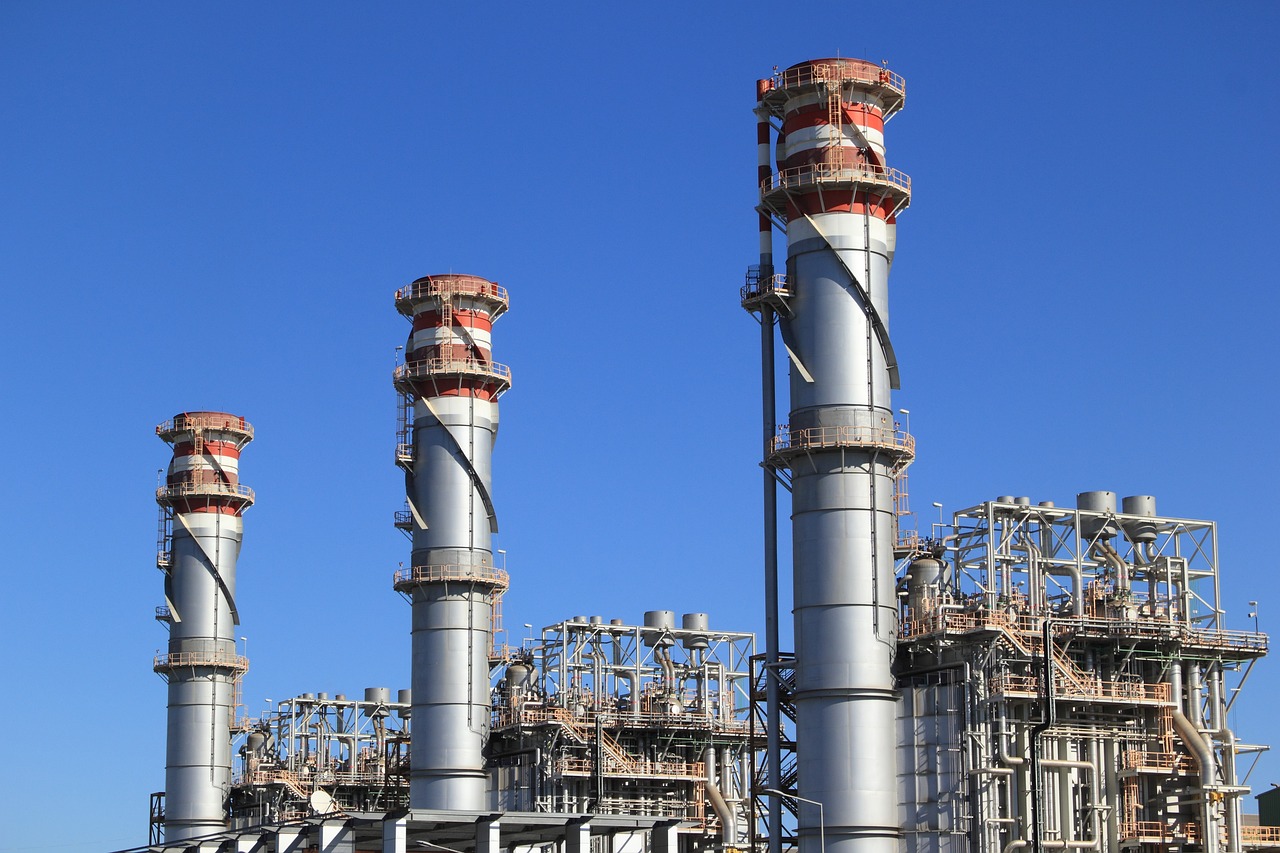Introduction
The chemical industry has always played a pivotal role in global economic development and technological advancements. From the discovery of synthetic dyes to the development of life-saving pharmaceuticals, this industry has continuously pushed the boundaries of innovation. As we enter a new era, the chemical industry is poised for significant transformation driven by sustainability, digitalization, and emerging technologies. In this article, we explore the upcoming era of the chemical industry and how it is shaping a more sustainable and technologically advanced future.
- Sustainable Chemistry: Redefining Industry Practices
The pressing need to combat climate change and reduce environmental impact has propelled the chemical industry towards sustainable practices. Companies are focusing on minimizing resource consumption, reducing greenhouse gas emissions, and optimizing waste management. The transition towards renewable feedstocks and green chemistry is gaining momentum, leading to the development of eco-friendly materials, bio-based polymers, and biodegradable products. Sustainable chemistry is not only driven by regulatory pressures but also by increasing consumer demand for environmentally friendly alternatives.
- Circular Economy: Closing the Material Loop
The chemical industry is embracing the concept of a circular economy, which aims to eliminate waste and keep resources in use for as long as possible. This paradigm shift involves designing products for recyclability, implementing efficient recycling processes, and promoting the reuse of materials. Chemical companies are exploring innovative recycling technologies such as chemical recycling and advanced mechanical recycling to convert waste into valuable raw materials. The circular economy approach not only reduces waste and pollution but also creates new business opportunities and fosters collaboration across industries.
- Digitalization and Industry 4.0: Transforming Operations
Digital technologies are revolutionizing the chemical industry, enabling smarter, more efficient operations. The integration of artificial intelligence, machine learning, and data analytics optimizes production processes, enhances product quality, and improves supply chain management. Advanced sensors and Internet of Things (IoT) devices provide real-time data for remote monitoring, predictive maintenance, and quality control. Digital twins, virtual replicas of physical assets, enable simulation and optimization, leading to reduced downtime and increased productivity. Industry 4.0 technologies are driving cost savings, productivity gains, and enhanced safety in the chemical industry.
- Advanced Materials and Nanotechnology: Unlocking New Possibilities
The development of advanced materials and nanotechnology is opening up new frontiers for the chemical industry. Graphene, carbon nanotubes, and other nanomaterials possess unique properties that have transformative applications in various sectors. From lightweight and high-strength materials for aerospace to flexible electronics and advanced healthcare products, these materials are driving innovation and enabling disruptive technologies. The chemical industry is investing in research and development to unlock the full potential of advanced materials, paving the way for groundbreaking solutions in energy storage, water purification, and sustainable construction.
- Biotechnology and Synthetic Biology: Expanding Horizons
Biotechnology and synthetic biology are rapidly reshaping the chemical industry landscape. The convergence of biology and chemistry has led to the development of bio-based processes for the production of chemicals, materials, and fuels. Microorganisms are genetically engineered to produce valuable compounds, replacing traditional petrochemical-based production methods. This bio-manufacturing approach offers sustainable alternatives, reduces reliance on fossil fuels, and mitigates environmental impact. The chemical industry is leveraging biotechnology to create more efficient and environmentally friendly processes, including the production of bio-plastics, bio-fuels, and bio-based specialty chemicals.
Conclusion
The chemical industry is on the cusp of a new era driven by sustainability, digitalization, and emerging technologies. The focus on sustainable chemistry, circular economy practices, and the development of advanced materials is transforming the industry, enabling greener and more efficient processes. The adoption of digital technologies and Industry 4.0 principles is revolutionizing operations, enhancing productivity, and enabling data-driven decision-making. Furthermore, biotechnology and synthetic biology are opening up new possibilities for sustainable production methods. As the world strives for a more sustainable future, the chemical industry is at the forefront of driving innovation and playing a crucial role in shaping a better world.














